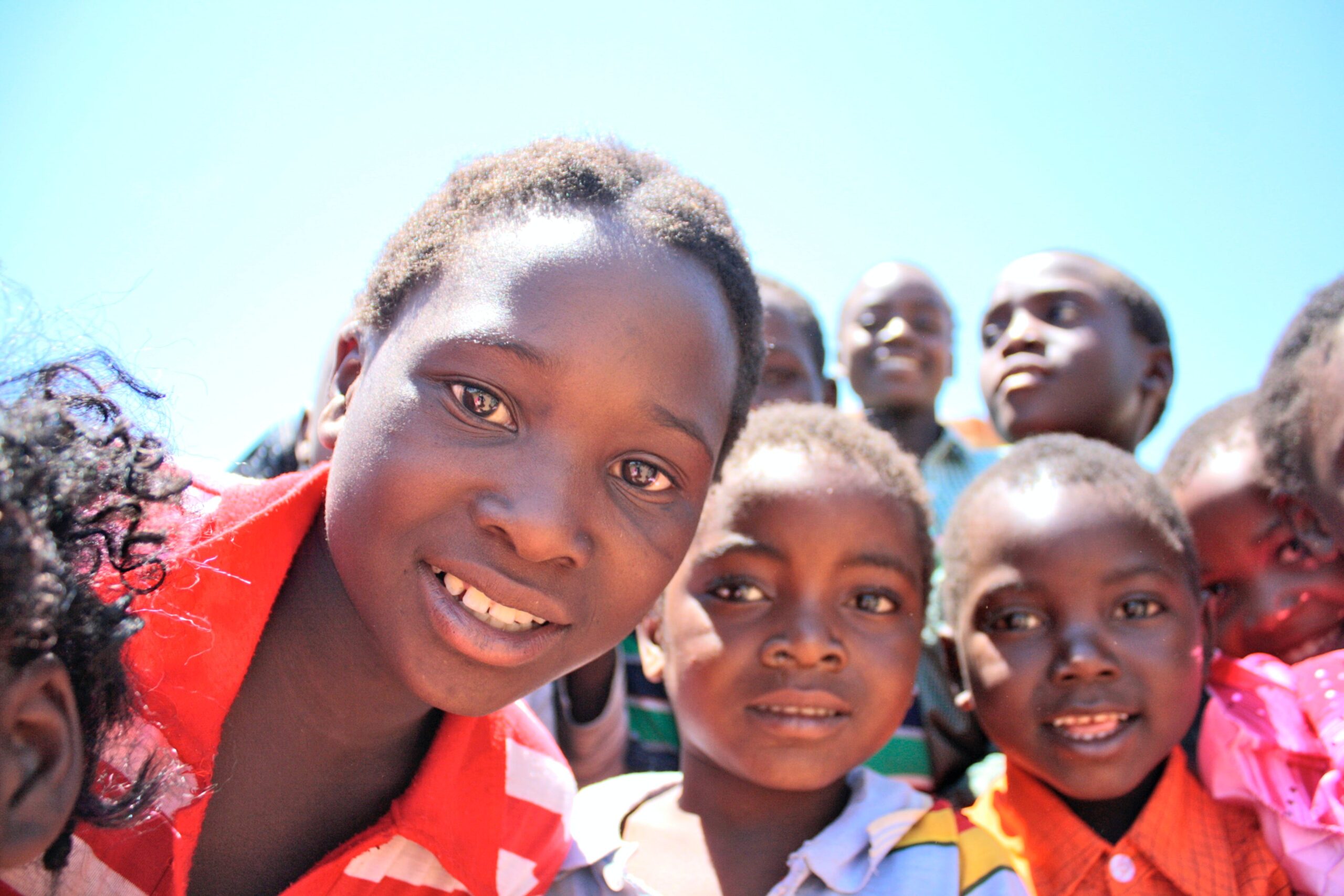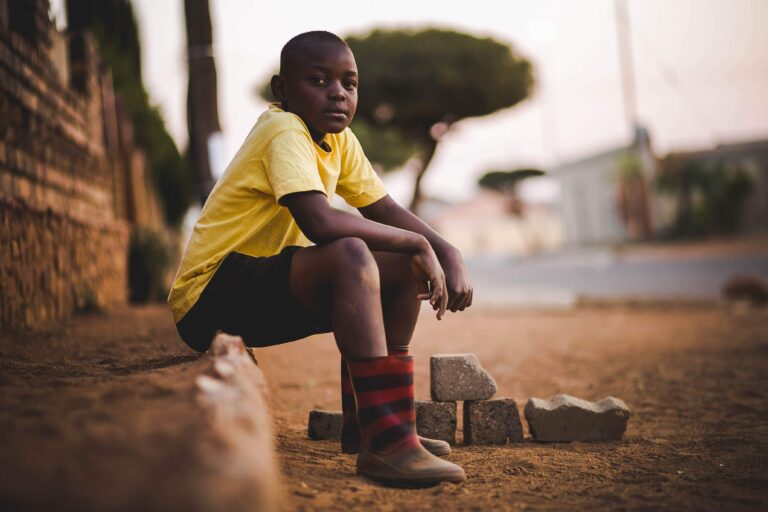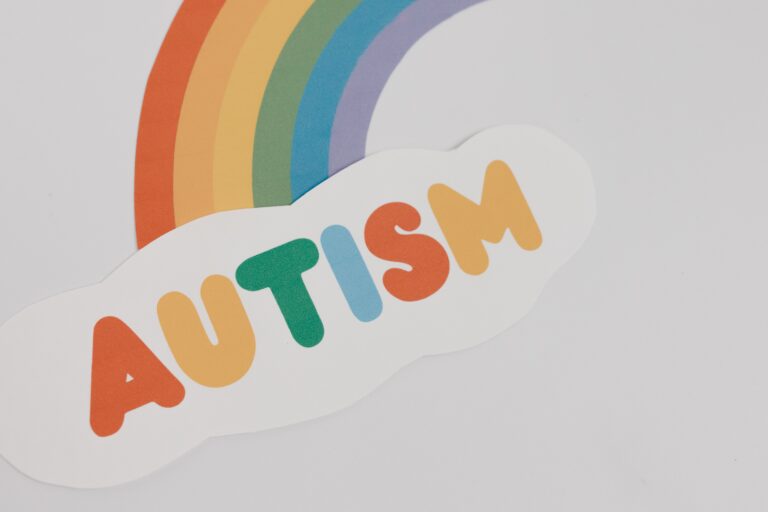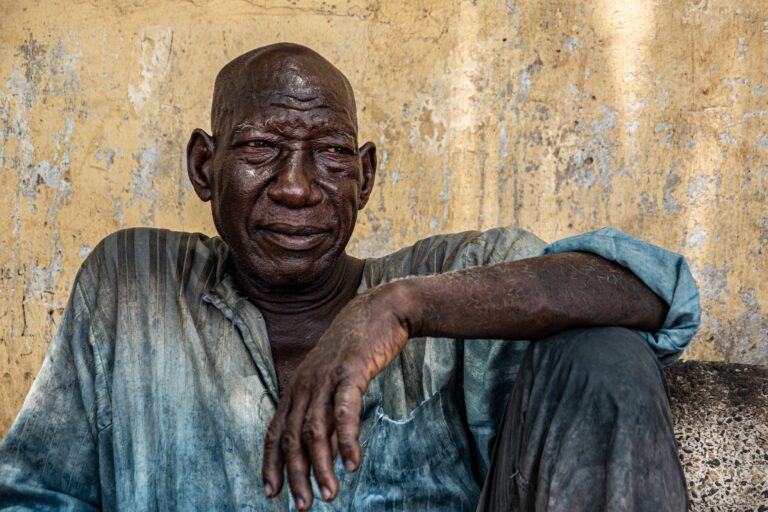Inclusive Education in Cameroon: Progress, Challenges, and the Road Ahead
Cameroon, like many African nations, is striving to provide quality education for all its children. This includes ensuring that children with disabilities, from physical impairments to learning differences, have equal access to and participation in education. Inclusive education is not just about placing children with disabilities in regular classrooms; it’s about creating a learning environment that caters to all students’ diverse needs and abilities.
Progress in Inclusive Education:
- Policy and Legislation: Cameroon has made significant strides in developing a legal framework for inclusive education. The 2013 Law on the Promotion and Protection of Persons with Disabilities recognizes the right to education for all, including those with disabilities. The National Policy on Inclusive Education (2015) outlines strategies for implementation.
- Increased Enrollment: There has been a steady increase in the number of children with disabilities enrolled in schools. However, the exact numbers remain unclear due to limited data collection and reporting.
- Teacher Training: The government and NGOs have implemented various initiatives to train teachers on inclusive education principles and practices. However, the training programs need to be expanded and made more accessible to all teachers.
- Community Engagement: There is growing awareness and involvement of communities in promoting inclusive education. Parents’ organizations and disability rights groups play a crucial role in advocating for the needs of children with disabilities.
Challenges and Obstacles:
Despite the progress, significant challenges remain in ensuring inclusive education for all children in Cameroon:
- Limited Resources: Adequate funding, infrastructure, and learning materials are crucial for implementing inclusive education effectively. However, resource constraints often hinder progress.
- Attitudinal Barriers: Negative attitudes and stigma towards disability persist in some communities and within the education system itself. These attitudes need to be addressed through awareness-raising campaigns and sensitivity training.
- Teacher Capacity: While teacher training efforts are increasing, a significant gap remains in the number of teachers equipped with the skills and knowledge to cater to diverse needs.
- Monitoring and Evaluation: There is a lack of robust monitoring and evaluation mechanisms to track the progress of inclusive education and identify areas for improvement.
The Road Ahead:
To ensure inclusive education becomes a reality for all children in Cameroon, several key steps are necessary:
- Increased Investment: The government and development partners need to allocate more resources for inclusive education initiatives. This includes funding for teacher training, infrastructure development, and assistive technologies.
- Strengthening Policy and Legislation: The existing policies and laws need to be effectively implemented and enforced. Additionally, specific regulations and guidelines for inclusive education practices in schools are needed.
- Community Engagement: Continued collaboration and partnership with parents, communities, and disability rights groups are essential for building awareness, promoting positive attitudes, and mobilizing resources.
- Teacher Training and Support: Comprehensive and ongoing training programs for teachers on inclusive education principles and practices are crucial. Additionally, teachers need ongoing support and mentorship to implement inclusive strategies effectively.
- Monitoring and Evaluation: Robust monitoring and evaluation mechanisms are necessary to track progress, identify challenges, and inform future interventions.
Conclusion:
Inclusive education is not just a moral imperative, but also an investment in the future of Cameroon. By ensuring that all children have access to quality education, Cameroon can unlock the potential of its entire population and contribute to a more equitable and prosperous society. The journey towards inclusive education is ongoing, but with continued commitment, collaboration, and resource allocation, Cameroon can make significant strides towards achieving this critical goal.
Additional Resources:
- Cameroon | INCLUSION – Education Profiles: https://education-profiles.org/sub-saharan-africa/cameroon/~inclusion
- Implementing Inclusive Education in Cameroon: Evidence from the Cameroon Baptist Convention Health Board: https://www.researchgate.net/publication/314117575_Implementing_Inclusive_Education_in_Cameroon_Evidence_from_the_Cameroon_Baptist_Convention_Health_Board
- Enhancing Successful Inclusive Education in Cameroon: CBC Health Services shares Research Findings with Stakeholders: https://cbchealthservices.org/enhancing-successful-inclusive-education-in-cameroon-cbc-health-services-shares-research-findings-with-stakeholders/







